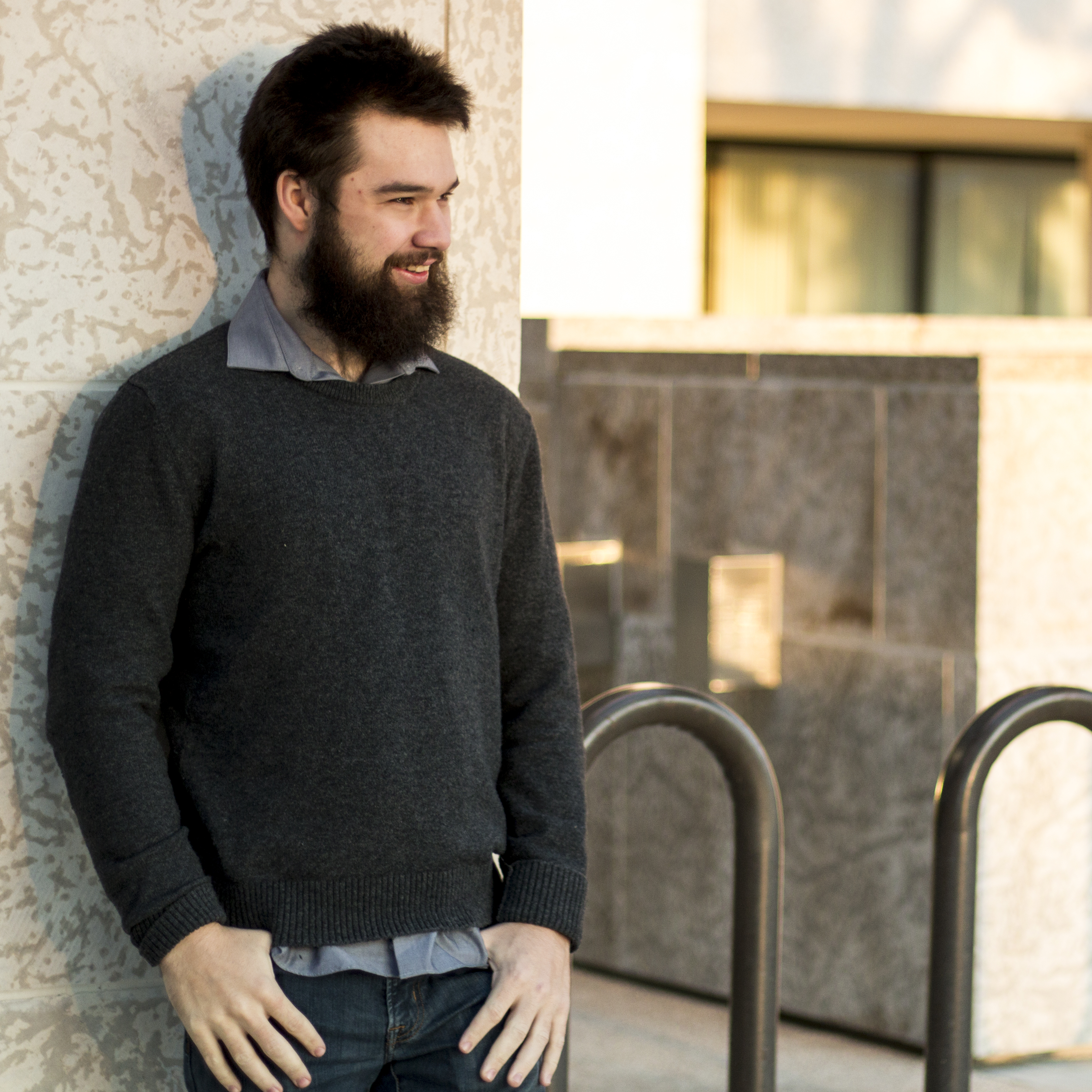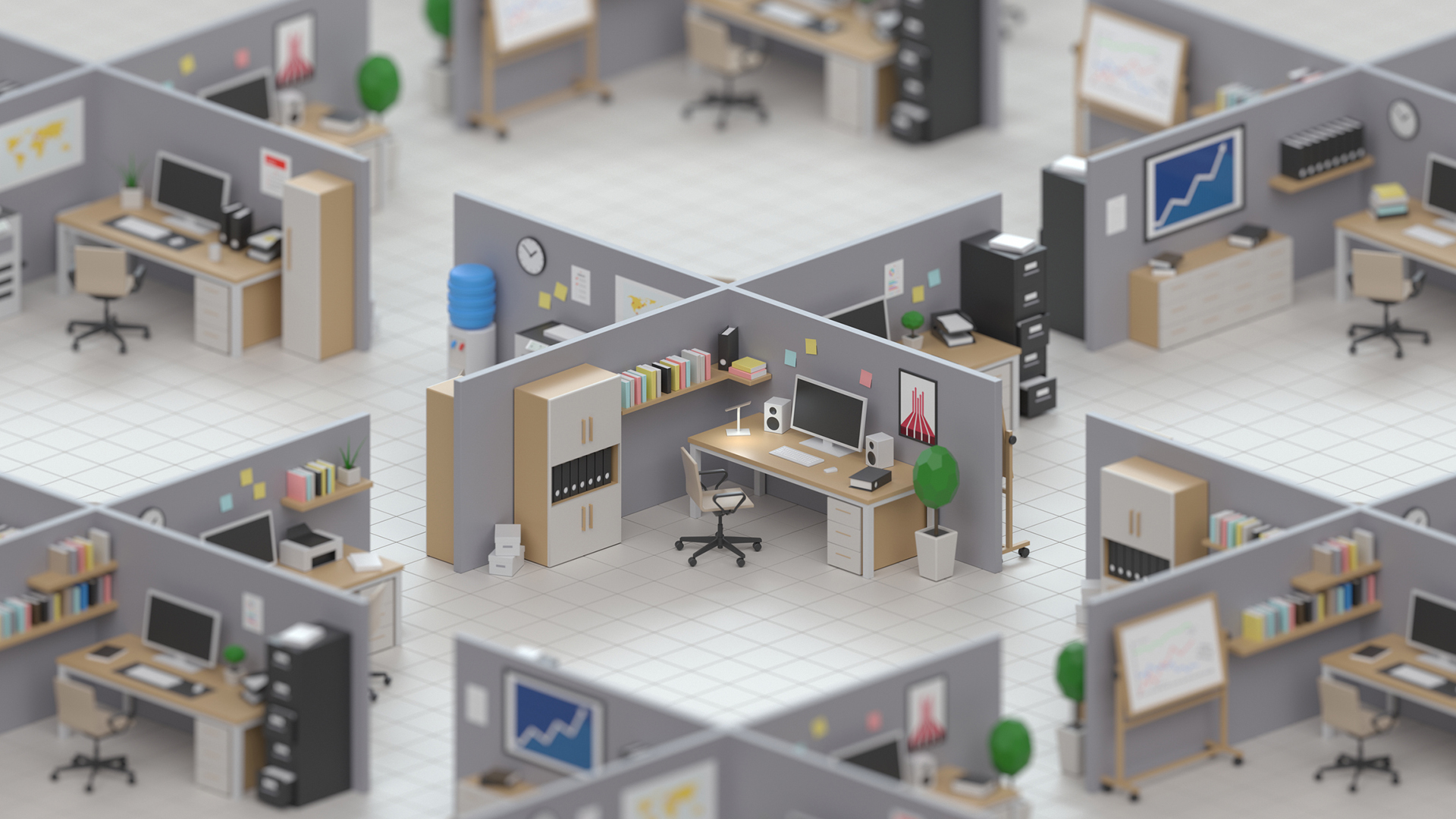We need more crunch period kindness in tech
As tech workers deal with staggering burnout, leaders and workers need to align on healthy avenues to let out stress


Amidst the perpetual negativity of social media – and the LinkedIn brand of toxic positivity that I rallied against in another column – there is one account that acts as a balm on even the busiest and most stressful days.
The account is a storytelling project on Threads called Tiny Kindnesses. Those interested are asked to submit a small kindness that someone did for them that stuck. The stories are heartfelt, sometimes mournful, often joyous. They are examples of what we can lean on when structures fail us, or when we’re slipping swiftly towards the cracks that are so easy to fall through. It strikes me that, during crunch periods, it’s these little pieces of kindness, often towards ourselves, that get lost or ignored. Easy enough to make a joke about late stage capitalism here, but let’s just start with the research-backed reality.
Crunch periods are where employees are forced to cram work into short periods of time. Historically, people have been praised for their performances during these periods, as if severe overwhelm is a badge of honor, but at what cost? A heavy one, as it turns out.
Throughout the tech sector, crunch has long been connected with burnout, pain, and severe medical distress. A 2022 presentation at the Hawaii International Conference on System Sciences found that crunch culture and its impact on mental health is part of the fabric of the video game industry’s culture. In April 2024, David Howell wrote for this very website about how crunch isn’t just bad for workers, it’s bad for their creativity and skill development.
Those close to me have heard me say the following phrase more than a few times during times like these: “You cannot create access for others without creating access for yourself.” Usually, as someone who worked in disability art and advocacy prior to becoming a tech journalist, it’s said in the context of creating access in the foundational sense.
For example, it’s very hard to be present mentally for a meeting if your office chair is giving you severe back pain or you find your workspace triggering for your mental health. It’s deceptively easy to think about accessibility as purely being defined by the ADA (Americans with Disabilities Act) or the UK’s Equality Act, but access is actually far broader than that. There are terms for it, like the curb cut effect – a universal design principle that what is good for disabled people is often good for those without disabilities for unintended but equally valuable reasons – but the core of access, especially when it comes to one person’s experiences, is kindness.
Now, sometimes you do need to use a proverbial hammer to make change. The ADA was passed after disabled activists left their wheelchairs and climbed the steps of the Capitol – and sometimes it requires a hug. You don’t need to have a disability to want to take care of yourself in these times of intense stress. You also don’t have to be in the tech or IT sector. Some theatre workers are regularly demanded to work 10 out of 12’s, periods where they are expected to work 10 hours – often stretching far longer than that – with very few breaks and next to no control over when those breaks happen.
Sign up today and you will receive a free copy of our Future Focus 2025 report - the leading guidance on AI, cybersecurity and other IT challenges as per 700+ senior executives
A common starting point for building kindness towards yourself, regardless of your role, is self-care. Cybersecurity workers facing ‘always on’ demands can fight for the right to step away from their laptops and European IT workers being pushed to their limits can push management for more supportive practices.
But even the reality of self-care has been obscured over time, especially as it seems to be vilified by some companies and treated as the one-and-only solution for all workplace ills in others. My definition of self-care is doing things that are nourishing for you and keep you on the path you want to be on. In your personal life, this could mean enjoying a bath or a book – I’m currently diving into Andrea Bennett’s Hearty, an essay collection on food as a form of care – while at work it might mean clearing out your inbox a little or bumping up a small deadline so that it doesn’t loom so large. Work can be part of a health self-care regiment, even if it can’t be the whole thing.
In IT, managers and those in leadership positions need to bear all this in mind and ensure that whatever the demands on their staff, there’s room for workers to carve out their own self-care routines. The alternative is burnout.
What workers don’t need are pizza parties or corporately sponsored candy canes during the holiday. No amount of mindfulness-focused Teams or Zoom meetings can truly mitigate employee mental health distress – healthy escapes should always be encouraged instead. For example, learning can be its own form of kindness. If you find learning a new coding language relaxing, who is to say that can’t be a form of kindness towards yourself?
In being kind to yourself, you make the radical choice to prioritize your own well-being. I get incredibly frustrated when I see oodles of posts about mental health that stop at hotlines and performative affirmations. A large-scale yearly social media-based fundraiser in Canada, called Bell Let’s Talk, is held by a Canadian technology company that has, reportedly, been known to treat their employees poorly. Identifying the ways you can be kind to yourself can be as much an insulation as an affirmation.
You deserve that care, you deserve those resources, and you deserve the pathways to maintain your health in times of stress. That’s true whether it’s crunch time or not.

John Loeppky is a British-Canadian disabled freelance writer based in Regina, Saskatchewan. He has more than a decade of experience as a professional writer with a focus on societal and cultural impact, particularly when it comes to inclusion in its various forms.
In addition to his work for ITPro, he regularly works with outlets such as CBC, Healthline, VeryWell, Defector, and a host of others. He also serves as a member of the National Center on Disability and Journalism's advisory board. John's goal in life is to have an entertaining obituary to read.
-
 The trends that will shape workplace culture in 2026
The trends that will shape workplace culture in 2026In-depth Tech leaders share their insights on how businesses can embrace change across hiring, training, and culture
-
 Why the UK is primed to lead a global charge in ‘green AI’ innovation
Why the UK is primed to lead a global charge in ‘green AI’ innovationNews UKAI says there are major economic incentives and a big opportunity for the UK to lead the world in green AI development